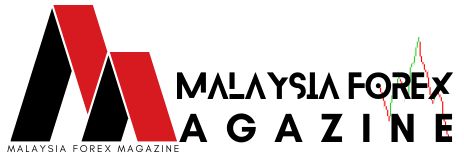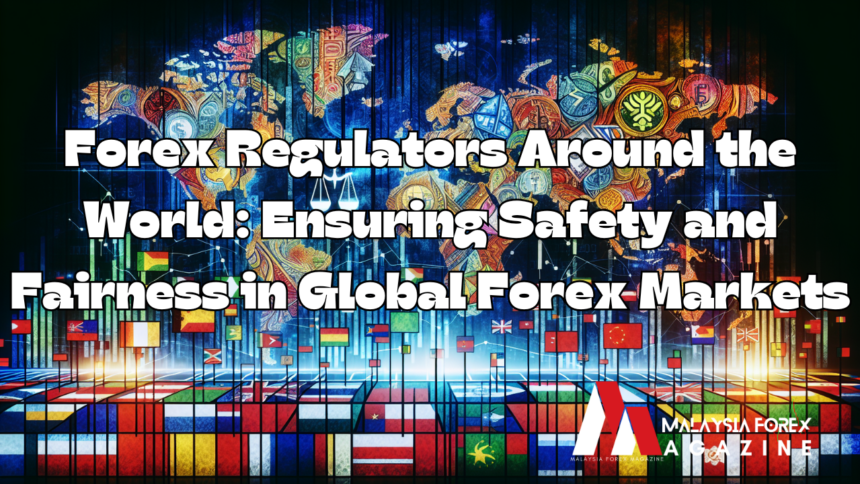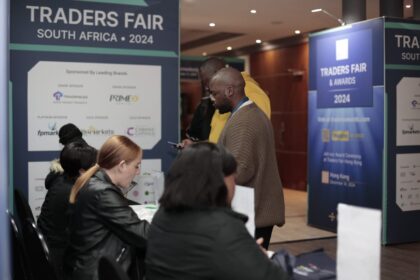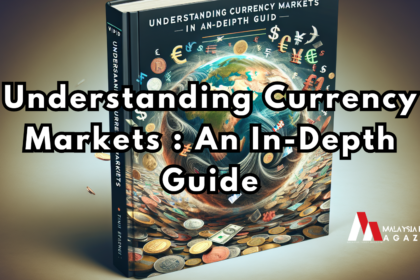The foreign exchange (forex) market, being the largest and most liquid financial market in the world, involves the trading of currencies with daily volumes exceeding $6 trillion. With such massive scale and global reach, it is crucial to ensure that this market operates transparently, fairly, and securely. To achieve this, forex regulators play a key role in monitoring and regulating brokers, financial institutions, and trading platforms.
Each country or region has its own regulatory body responsible for overseeing forex trading activities. These regulators set rules to protect traders, prevent fraudulent activities, and ensure market stability. In this article, we will explore the major forex regulators worldwide and their roles in safeguarding the integrity of the forex market.
1. United States: National Futures Association (NFA) and Commodity Futures Trading Commission (CFTC)
In the United States, the forex market is highly regulated by two major agencies:
- NFA (National Futures Association): The NFA is a self-regulatory organization that oversees forex brokers and firms offering financial services in the futures and forex markets. The NFA ensures that its members adhere to strict guidelines, including transparency, financial reporting, and ethical practices. Every NFA member is assigned an NFA ID, which traders can verify to check the legitimacy of a broker.
- CFTC (Commodity Futures Trading Commission): The CFTC is a government agency responsible for regulating derivatives markets, including futures and forex. It enforces rules designed to protect market participants from manipulation, fraud, and abusive practices. The CFTC also ensures that forex brokers maintain sufficient financial reserves to cover client accounts.
Both the NFA and CFTC impose stringent regulations on brokers, such as prohibiting high leverage ratios, which helps to protect retail traders from excessive risk.
2. United Kingdom: Financial Conduct Authority (FCA)
The Financial Conduct Authority (FCA) is the main regulatory body overseeing forex trading in the UK. It is one of the most respected regulators in the world due to its strict compliance requirements.
- The FCA’s primary role is to ensure that forex brokers and financial institutions operate transparently and treat customers fairly. This includes maintaining segregated client accounts, so that traders’ funds are kept separate from the company’s operating capital.
- The FCA also has a compensation scheme called the Financial Services Compensation Scheme (FSCS), which protects clients in case a broker becomes insolvent. UK-regulated brokers are required to contribute to this fund, offering an additional layer of security for traders.
The FCA regularly audits brokers and imposes penalties or revokes licenses for non-compliance, making it a benchmark for high standards in forex regulation.
3. European Union: European Securities and Markets Authority (ESMA)
The European Securities and Markets Authority (ESMA) oversees forex trading across the European Union by setting standardized regulations for all member countries. While individual countries have their own local regulators, such as the Cyprus Securities and Exchange Commission (CySEC) or Autorité des Marchés Financiers (AMF) in France, ESMA acts as a supervisory body to harmonize rules across the region.
One of ESMA’s most significant contributions to the forex market was its introduction of leverage limits for retail traders in 2018. To protect traders from excessive risk, ESMA capped leverage at:
- 30:1 for major currency pairs
- 20:1 for non-major pairs
ESMA also introduced measures such as negative balance protection, which ensures that traders cannot lose more than the funds they have in their accounts.
4. Australia: Australian Securities and Investments Commission (ASIC)
The Australian Securities and Investments Commission (ASIC) is the regulatory body responsible for overseeing forex brokers and financial markets in Australia. ASIC is known for its robust regulatory framework, which requires brokers to maintain high standards of operation, transparency, and financial responsibility.
ASIC’s regulations include:
- Client fund segregation, ensuring that traders’ deposits are kept in separate accounts.
- Brokers are required to undergo regular audits to maintain their licenses.
- Strict disclosure requirements, where brokers must provide clear information on fees, risks, and trading conditions.
ASIC has also imposed leverage restrictions similar to those in Europe, capping leverage at 30:1 for retail traders to protect them from excessive risks.
5. Japan: Financial Services Agency (FSA)
Japan is one of the largest forex trading markets in the world, and the Financial Services Agency (FSA) is responsible for regulating the market. The FSA enforces strict regulations on brokers, ensuring that they operate within a controlled environment and offer fair trading conditions to retail clients.
Key aspects of FSA regulation include:
- Leverage restrictions: Japan was one of the first countries to implement strict leverage caps, limiting leverage to 25:1 for retail traders.
- Client protection: Brokers are required to segregate client funds and submit regular financial reports to the FSA.
The FSA is known for its no-tolerance approach to fraudulent or unethical practices, and it frequently penalizes brokers that violate its rules.
6. Cyprus: Cyprus Securities and Exchange Commission (CySEC)
The Cyprus Securities and Exchange Commission (CySEC) is one of the most popular regulatory bodies for forex brokers serving clients in Europe and beyond. Cyprus, being a member of the European Union, allows brokers regulated by CySEC to offer their services across the EU under the MiFID II directive.
CySEC has built a reputation for being a favorable regulator for forex brokers due to its relatively flexible framework. However, CySEC has strengthened its regulations in recent years to align with ESMA’s rules, including:
- Leverage caps
- Client fund protection
- Mandatory disclosure of risk warnings to retail clients
7. Canada: Investment Industry Regulatory Organization of Canada (IIROC)
The Investment Industry Regulatory Organization of Canada (IIROC) is responsible for overseeing forex trading in Canada. IIROC ensures that brokers meet strict standards in terms of capital requirements, transparency, and risk management.
Unlike other regions, Canada has different regulatory bodies for each province, but IIROC provides a nationwide framework for forex trading regulation.
- Client protection: IIROC-regulated brokers must offer account protection through the Canadian Investor Protection Fund (CIPF), which covers traders’ funds up to a certain amount in case of broker insolvency.
- Leverage restrictions: Like many other regulators, IIROC imposes leverage limits to reduce risks for retail traders.
8. Singapore: Monetary Authority of Singapore (MAS)
The Monetary Authority of Singapore (MAS) regulates forex trading and financial markets in Singapore, one of Asia’s most important financial hubs. MAS has gained a reputation for its stringent rules, aiming to protect investors and ensure that the financial sector remains stable.
MAS-regulated brokers are required to:
- Maintain minimum capital requirements
- Ensure client fund protection through segregation
- Provide clear and transparent reporting of risks and trading conditions
MAS also works closely with other international regulators to maintain best practices in the global forex market.
Conclusion
Forex regulators play a crucial role in maintaining order and protecting traders in the volatile forex market. Each regulatory body imposes its own set of rules designed to ensure transparency, fairness, and risk management. As a forex trader, it is essential to choose a broker that is regulated by a reputable authority, as this ensures that your funds are protected, and that you are trading in a secure environment.
By understanding the role of regulators such as the NFA, FCA, ESMA, ASIC, and others, traders can navigate the forex market more confidently and make informed decisions while minimizing risks.
